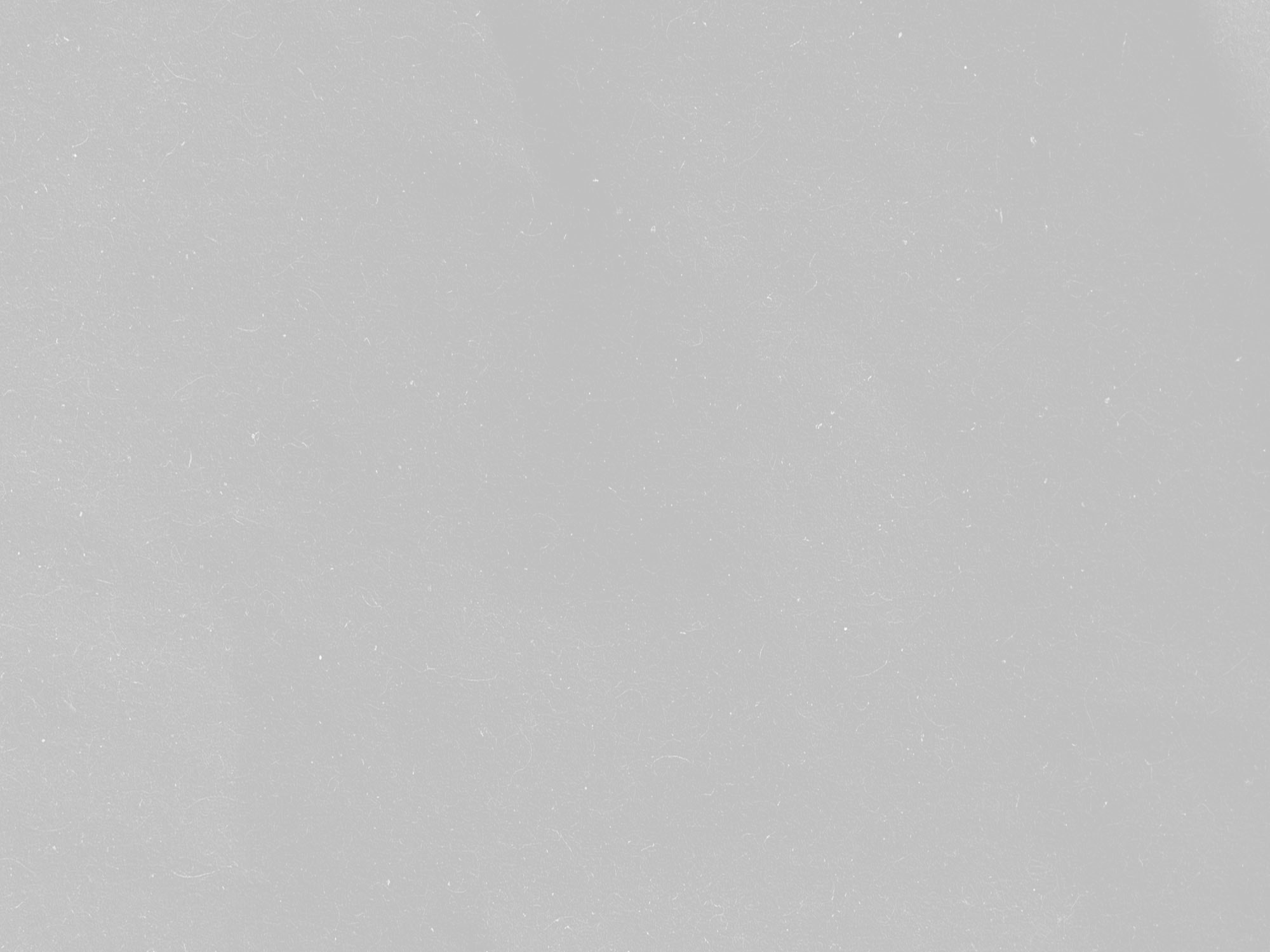NOTES CONCERNING EARLY CHURCH FATHERS
Apostolic Successive & Related Church Traditional Inconsistencies
The Early Church "Fathers" are heralded as divinely appointed, via succession, or otherwise inspired by On-High concerning their Canonical suppositions birthed from dealing with the earliest years after the death of the Christ figure. However, no evidence exists showing that the first wave of Church Fathers even existed: The epistles by Ignatius and Polycarp have never been produced in any format whatsoever (only supposedly presented by their followers, decades later; e.g. via Irenaeus). Additionally, the Early influencers of the Faith were, often, later, declared heretics, themselves, by Church authorities (see: Tertullian, Origen, Novatian, Arius). It is, therefore, entirely inconsistent — per simply-evident logic (logos) — to establish an Canon upon the claims of these men and then turn around, later, and declare them unsanctioned (yet, still rely upon the Works they designated as Holy).

These facts are indisputable; and this all is before any considerable discussion concerning the changing of views, over time, and conflation of stories by these exact same men in their times (e.g. Tertullian's fluid views on Hermas; Origen's conflation of Josephus' writings with stories concerning James the Just). Additionally, this does not begin to address that the First Fathers were supposedly in-tow with the Apostles doing the Great Work and, yet, never made it into the Canon-proper (i.e. Clement I and Polycarp are proclaimed to be important enough to be hand-selected by Peter and John, respectively, but are never once mentioned in-canon... one would think the First Bishop and Martyr would be significant enough to which to dedicate SOME amount of passage). This all said, these inconsistencies have still, over thousands of years, failed to rectify and reconcile with both themselves and new evidence as archeologically discovered... whereas, the non-Canonical Gospels continue to gain traction via Documens and internal consistency.

Church tradition expressly states that any who do not accept the Holy Bible as the end-all-be-all of truth are not saved in the eyes of the Lord; yet, those whose treatises gave-way to this Canon could not even fully agree what was truth and what was fiction:
Clement I (First Bishop of Rome) considered Works such as the Gospel of the Egyptians; the Gospel of the Hebrews; the Traditions of Matthias; the Preaching of Peter; and the Apocalypse of Peter to be of Goodly use. Yet, his own contemporaries and later successors did not corroborate even the First Bishopric's claims (i.e. Origen was vehemently against the Gospel of the Egyptians as well as the Preaching of Peter; Eusebius declared heretical one of the two aforementioned Works by Peter as well as that of Matthias).
Take, also, the case of Marcion contrasted with that of Eusebius: Marcion was rejected, entirely, as a heretic over denial of the Old Testament; and, yet, still did he champion only Pauline epistles (of which make-up the majority of New Testament Canon); whereas, Eusebius denied II John and III John as questionable, at-best, while giving the Gospel of the Hebrews and Shepherd of Hermas consideration (even though later these two Works were declared heretical).

All-in-all, the deeper one studies the intimate details of the fallible men who influenced the early culmination of the Faithful into institutions that went on to claim political power, and declared salvation only attainable via their suppositions (this being but a cursory overview), the more the cracks in the proverbial veneer display themselves; these men claimed Inspiration and Authority, but time has in no-wise vindicated them in any way whatsoever. The Church claims unbroken succession... yet its own founding Fathers were broken men: Their words — fractured; their Faith — shifting.
As such, this is the foundation of our Faith: The common inquirer, in their Logos, carries within them the same (and, indeed, a superior) Ability to Discern Truth as compared to these early "Authorities" (who, clearly, were unable to substantiate their views in any real form beyond the ethically-pathological). For, indeed, cannot All Things be derived from their First Principles? If so, then, why would the Most Premiere be exempt from that from which its All is Derived?
